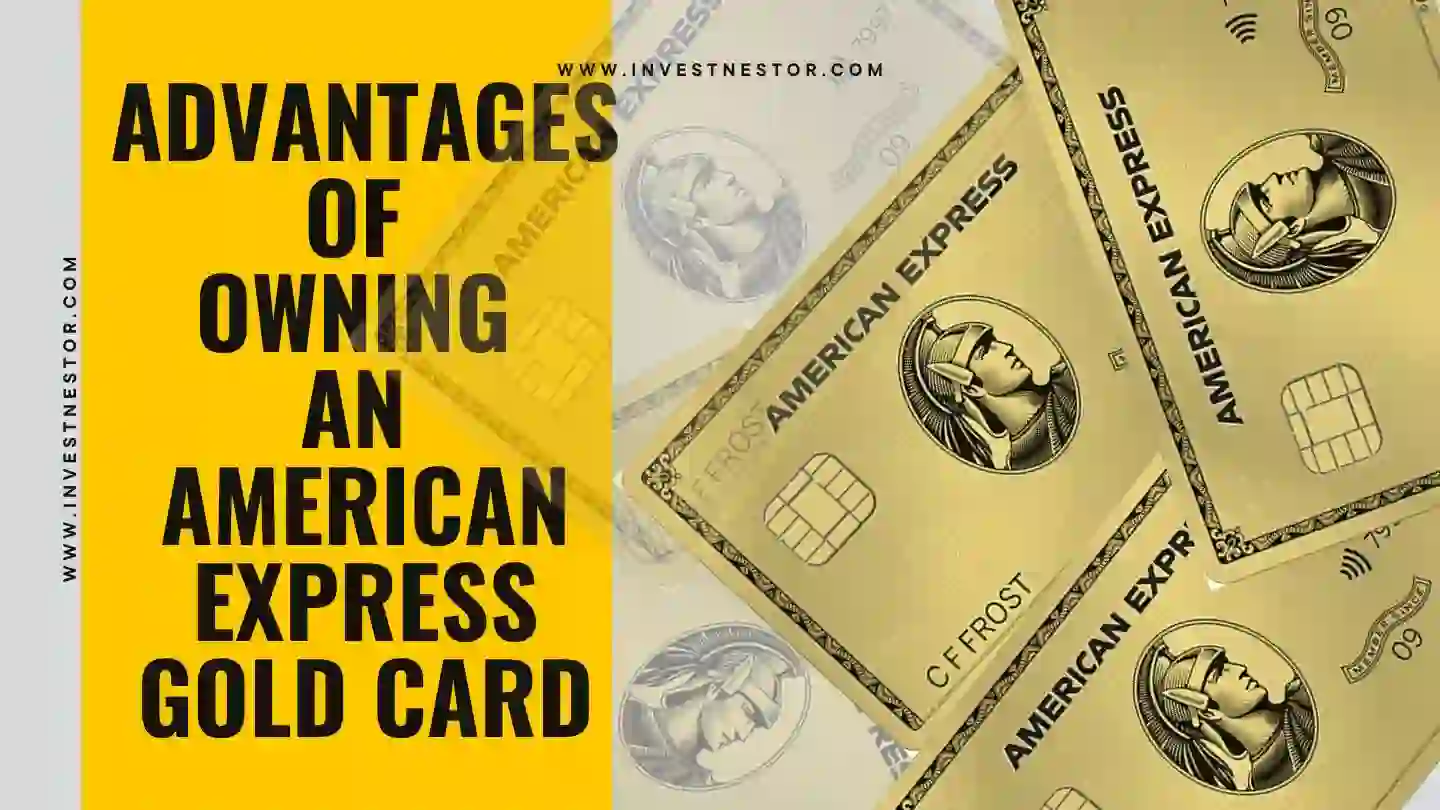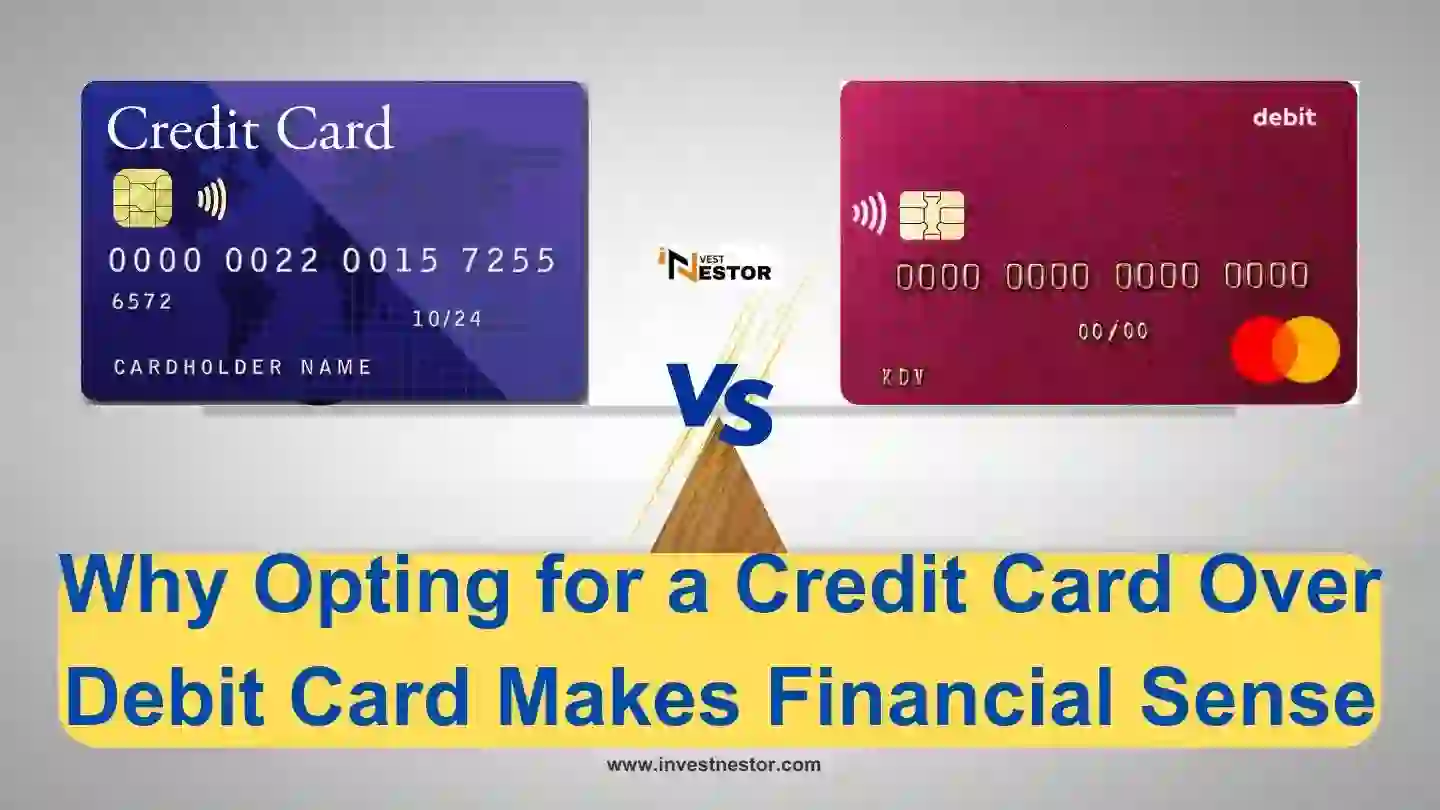
Credit Card Tips for New Users: How to Avoid Common Mistakes and Use It Wisely
Just beginning your credit journey? Interestingly, you can start as early as 18, the minimum age to open your first credit card. All novice credit card users, however, are not alike.
In this guide, we'll delve into how to use a credit card for the first time and spotlight the three biggest blunders to sidestep.
What is a Credit Card?
An instrument of finance that enables you access to a credit line is a credit card, which is often a plastic card from a bank or credit lender. This credit line can be used for both purchases and services. The catch? The borrowed amount doesn't come for free — it must be paid back within a designated timeframe. The silver lining to credit cards, however, is that they frequently offer rewards such as cashback or points.
How to use credit cards for beginners?
Navigating the world of credit cards for the first time can be daunting, so let's explore some beginner-friendly tips on using a credit card.
Start Small and Slow
-
You only need to tap or swipe your credit card to pay the amount. Making purchases is important, but building credit records is even more so.
-
Start by making small, manageable charges on your card each month and always settling your bills on time. This cautious approach not only helps you get comfortable with using your card but also establishes a positive credit history. A convenient way to achieve this is to link a small, recurring payment like a streaming service to your credit card.
-
While adjusting to your credit card, continue using cash or a debit card for more significant expenses. As you get more comfortable, you can gradually increase your credit card usage.
Keep Debt at Bay
-
While making the minimum monthly payment keeps your account in good standing, it can also lead you into a trap of spiraling credit card debt. The interest incurred on the remaining balance can chain you into a cycle of ever-growing debt.
-
Using a credit card for purchases you cannot afford to pay off in full when your bill arrives is a straightforward and sensible rule of thumb. You could eventually run into unforeseen costs, in which case your credit card might come in help when you're strapped for cash. However, maintaining an emergency savings fund offers a significant safety net, allowing you to handle surprise expenses without sliding into debt.
Set Spending Boundaries
-
It's crucial to set a spending limit on your credit cards rather than utilizing all your available credit. To find your credit usage ratio, divide the total amount on your credit card in half and multiply the result by 100. This proportion is crucial in determining your credit scores.
-
When you pay using a credit card, stay within 30% of your credit amount. This will support maintaining a high credit score. This will assist you in paying your payments on time and improve your credit score.
Nurture Your Credit History

Make sure you hold onto your first credit card for as long as possible once you get it. Keeping your credit accounts open might help you raise your credit ratings by extending the average age of your credit accounts. However, it's acceptable to opt for a new card if your first card doesn't cater to your evolving needs over time.
Stay Vigilant for Frauds
Relying on auto-pay for settling your credit card bill doesn't absolve the responsibility of checking your statements regularly. Regularly inspect your monthly credit card statements to identify any suspicious activity. The law notably limits your liability to $50 for fraudulent charges on a stolen card, with many card issuers often waiving this amount. Nevertheless, any unfamiliar charges should prompt immediate reporting to prevent illegal transactions and secure a replacement card.
Ensure You Constantly Monitor Your Credit Scores
Numerous mobile applications are available that simplify tracking changes in your credit score and provide reasons for these fluctuations. An additional effective practice is to review your credit report regularly. All the elements of your credit score that go into making your score are together in this report. There are three key credit companies that have to give you a free credit report every year. You can get these records at annualcreditreport.com. Remember that you should not be shy about telling the credit company about any problems you find.
What are three credit card mistakes to avoid?
The three major mistakes to avoid when you use your credit card are:
Missed or Late Payments:
In addition to harming your credit score, late or missed payments can result in costly fines and increased interest rates. Always bear in mind that timely payments are crucial. The deadlines remain the same each month. For instance, the deadline is usually the 15th. Take proactive steps to ensure you remember, such as setting a reminder on your phone or scheduling this day in your calendar.
Maxing Out Your Credit Limit:
If you spend all your available credit, your credit utilization ratio will rise, lowering your credit score. You can utilize your credit card limit for every transaction, but it's crucial to maintain it. It implies that there will be more costs paid by the user if their credit card spending crosses the required limit.
Ignoring Your Credit Card Statements:
Reviewing your credit card statements is essential to verify all transactions are correct. This diligence allows early detection of fraudulent activities or reporting errors. It's advisable to scrutinize your monthly statement for any inaccuracies, at least. Checking your transactions a few times each week enhances the chances of spotting any issues promptly.
Being proactive and vigilant about your credit card usage is fundamental to avoiding these common credit pitfalls.
Final Words
Credit cards have the potential to be very beneficial financial tools when used carefully. It means borrowing money and paying it back, but it gives you more independence and access to new opportunities. It will increase your prospects of future financial security and fortify your relationship with a bank if you use it wisely.
Frequently Asked Questions
Q1. For what purposes can I use my credit card to pay?
A1: You can use your credit card for different purposes, such as to pay bills, for online purchases, and cover regular and travel-related costs. This helps earn rewards and build credit, provided you pay off balances in full monthly.
Q2. What not to use credit cards for?
A2: Avoid using credit cards for cash advances, purchasing investments, or paying off other credit cards. These transactions often have higher interest rates and fees, increasing your debt.
Q3: How can I build credit with my first credit card?
A3: Crucial strategies for enhancing credit include having a diverse range of accounts, paying your bills on time, and keeping your balance low—ideally less than 30% of your credit limit.
Q4: What is the APR, and why does it matter?
A4: APR (Annual Percentage Rate) represents the interest charged on your outstanding balance if not paid in full. A lower APR reduces the interest you pay on unpaid balances, thus saving you money.
Suggested Articles:





0 Comments
Add a comment